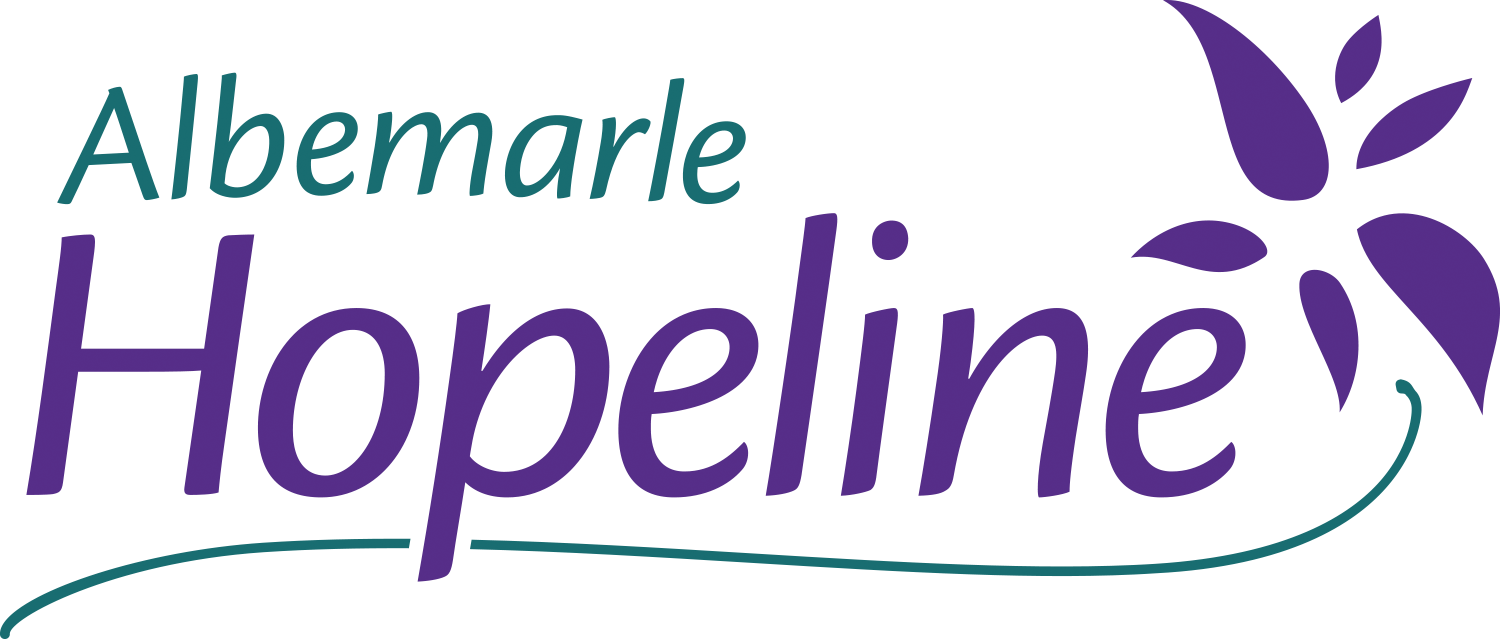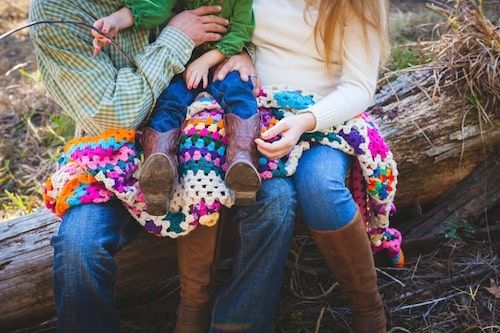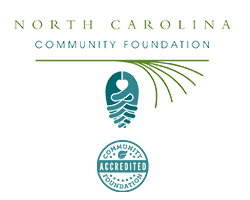Have you ever had a question and didn’t know where to find the answer? If so, you’ve come to the right place.
This section is a compilation of answers to the questions most commonly asked by our clients. Just start by following one of the links below. If you can’t find the question you wanted to ask, don’t hesitate to contact us.
-
Our organization provides services for individuals affected by domestic and sexual violence, and raises awareness about these causes. For a list of specific programs and services we provide, visit our Get Help section and click on "Services".
-
How do I help a family member or a friend experiencing violence or abuse?
Maybe you have noticed some warning signs, including:
• Their partner puts them down in front of other people
• They are constantly worried about making their partner angry
• They make excuses for their partner’s behavior
• Their partner is extremely jealous or possessive
• They have unexplained marks or injuries
• They’ve stopped spending time with friends and family
• They are depressed or anxious, or you notice changes in their personalityIf someone you love is being abused, it can be difficult to know what to do. Your instinct may be to save them from the relationship, but it is not that easy. There are many reasons why people stay in abusive relationships and leaving can be a very dangerous time for a victim. Leaving can actually escalate the abuse. Abuse is about power and control.
If the person experiencing abuse is under 18, you should make a report to child protective services. Everyone in North Carolina is a mandated reporter of child abuse.
One of the most important ways you can help a person in an abusive relationship is to consider how you might empower them to make their own decisions. Additionally, you can offer support in various ways:
• Be Supportive and Listen: Let them know that the abuse is not their fault. Reassure them that they are not alone and that there is help and support out there. It may be difficult for them to talk about the abuse. Let them know that you are available to help whenever they may need it. What they need most is someone who will believe and listen.
• Be non-judgmental: Respect your friend or family member’s decisions. There are many reasons why victims stay in abusive relationships. They may leave and return to the relationship many times. Do not criticize their decisions or try to guilt them. They will need your support even more during those times.
• If they end the relationship, be supportive: Even though the relationship was abusive, your friend or family member may still feel sad and lonely once it is over. They will need time to mourn the loss of the relationship and will especially need your support at that time.
• Encourage them to engage in activities outside the relationship with family and friends: Support is critical and the more they feel supported by people who care for them, the easier it will be for them to take the steps necessary to get and stay safe away from their abusive partner. Remember that you can call the hotline to find local support groups and information on staying safe.
• Help them develop a safety plan and encourage them to talk to people who can provide help and guidance: Whether they are choosing to stay, preparing to leave, or have already left. Encourage them to contact a domestic violence program or a professional counselor to assist in developing a safety plan. Offer to go with them. If they have to go to the police, court or lawyer’s office, offer to go along for support.
Although it is difficult to see someone you care about get hurt, ultimately they are the one who has to make the decisions about what they want to do. It is important for you to support them no matter what they decide, and help them find a way to safety and peace.
You can call our office any time for more information about options available to victims. Hopeline also offers counseling services for secondary victims.
-
We’re always on the lookout for individuals like you wanting to get involved. Visit our How To Help section to find out ways to donate or volunteer.
-
All of our services are completely confidential, and you will never be charged or have anything billed to insurance.
As an organization, we do not share clients' information to any outside sources with very few and rare exceptions related to mandated reporting of child or elder abuse or dependency, or when required by court order. We can only share information outside of those circumstances with a client's written, informed consent.










